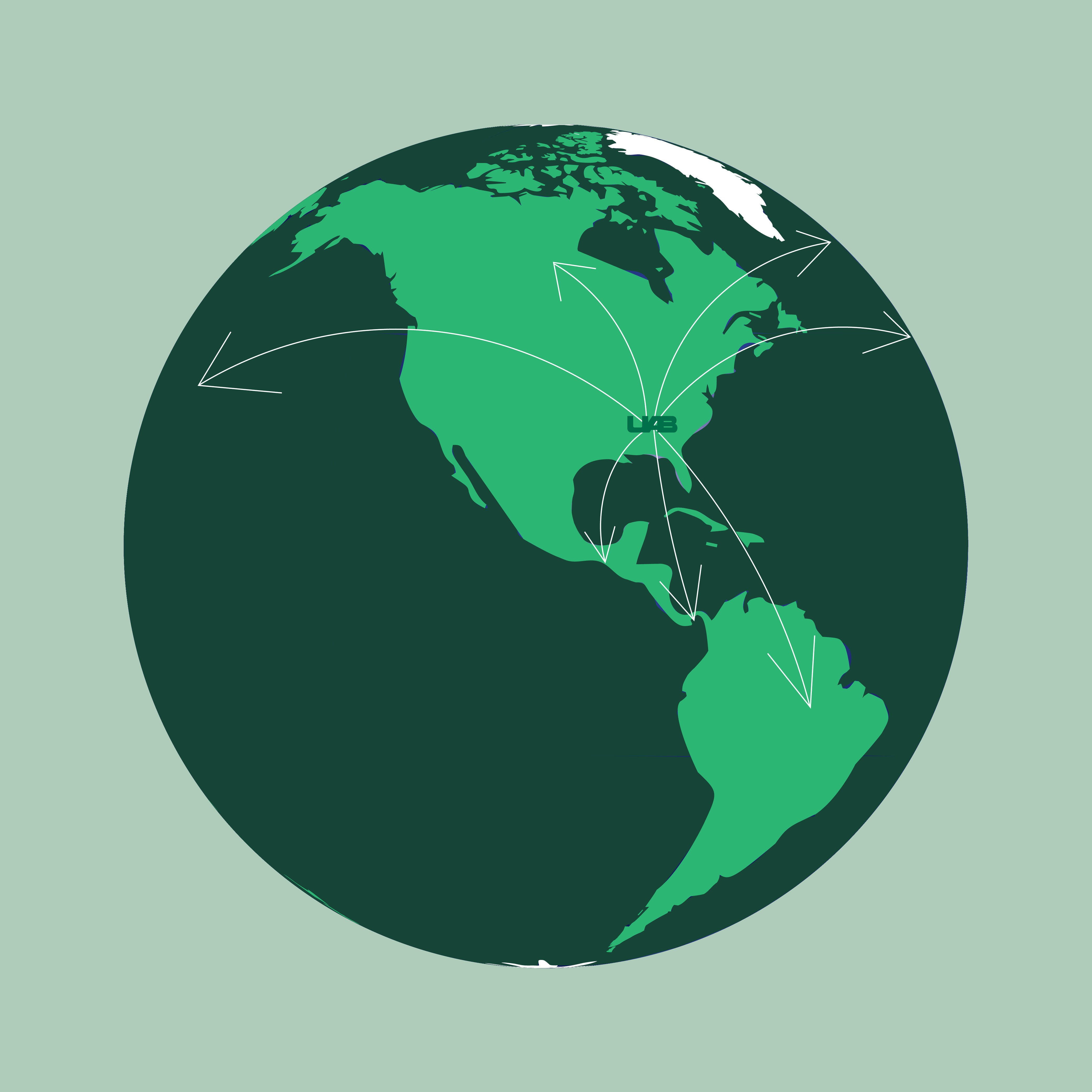 World Health Day commemorates the World Health Organization’s April 7, 1948 founding and is celebrated to raise global health awareness. Across UAB, faculty address local and worldwide health challenges including issues of equity and access. Interest in global health is growing, and the school aspires to meet the demand of faculty and trainees for global health through the Mary Heersink Institute for Global Health.
World Health Day commemorates the World Health Organization’s April 7, 1948 founding and is celebrated to raise global health awareness. Across UAB, faculty address local and worldwide health challenges including issues of equity and access. Interest in global health is growing, and the school aspires to meet the demand of faculty and trainees for global health through the Mary Heersink Institute for Global Health.
A guiding UAB principle is that the best service and education outcomes are anchored in generating new knowledge through research. To solve large problems, solutions need to be conceptualized and tested to determine efficacy and effectiveness, which is typically accomplished through the conduct of high-quality implementation science and outcomes research. Training in these fields of study will be offered by the new institute, which will ensure an ongoing cadre of mentors and investigators for decades to come.
The Heersink communications team sat down with the Mary Heersink Institute for Global Health’s director and associate dean for Global and Women’s Health, Alan Tita, M.D., Ph.D., to discuss his team’s vision of UAB’s global health efforts.
Q: What is UAB’s responsibility to global health?
In a few words, to advance a vision of “Healthy People. Healthy Lives. Around the World.” We want to continue the work of the school of medicine’s global health initiatives and grow these efforts in the process. We want to improve the work that this school and our global partners are doing worldwide. We believe that we can transform global health through mutually beneficial education, science, service, and capacity-building initiatives.
Q: How will UAB be working towards the global health goals set by WHO?
The institute and other UAB global health initiatives are working to advance the global health agenda, including this year’s theme for World Health Day – Our Planet, Our Health. We have three key goals. We will promote interdisciplinary global health scholarship and develop scholars in global health. These scholars and trainees will do the work needed to make progress through the postgraduate degree program and fellowship programs in global health to be offered. We will conduct multinational research and implement service and capacity-building initiatives that identify, evaluate, and disseminate innovative solutions for the priority global health problems that will leverage technological advancements and protect our environment. We will also foster an environment that nucleates and catalyzes collaborative global health productivity and provide intellectual and logistical support to enrich and maximize global health activities and outcomes.
Q: As the world is ending many restrictions implemented in the pandemic, do you believe this will allow for more research, education, and service opportunities?
Research, education, and service are the core missions of UAB and the Heersink School of Medicine. They underscore the institute’s comprehensive and sustainable approach to global health. No doubt, we expect a surge in global health activities that have been restrained in some ways, including travel over the last two years. It is important to continue essential measures that will sustain progress against the pandemic and its huge toll on local and global health, survival, and the economy. The pandemic has taught us to be more innovative, particularly with respect to leveraging technology to improve health and addressing the need for effective communication of health information. We have an opportunity to make progress in these and other areas to improve health.
Q: What efforts have the institute accomplished so far, and what are the team’s next steps?
The Mary Heersink Institute for Global Health has seen exciting progress over the past six months of its existence. On November 18, we held an open house to share our vision and plans. This included global health spotlights by nine UAB faculty and global partners engaged in innovative global health programs worldwide. Mrs. Mary Heersink provided an inspirational keynote that highlighted her family’s story of hope and resilience.
In February, three inaugural pilot grants were awarded to boost innovative research, education, and service initiatives in South Africa, Egypt, and Kenya. The Mary Heersink Institute for Global Health and the UAB Sparkman Center for Global Health are collaborating to advance efforts to develop a global health postgraduate degree program that will partner with a global health consortium involving McMaster University, Canada, and institutions in several other countries.
Lynn Matthews, M.D., MPH, the Associate Director for Research and Partnerships, and I continue to work to build our team to prioritize feedback from UAB global health faculty consultations so that the institute can support and spearhead crucial global health initiatives at the UAB Heersink School of Medicine. The intellectual and logistical support will include grants facilitation (reviews, writing help, and other logistics), seminars, and an annual conference focusing on global health. Our Research in Progress meeting led by Dr. Matthews will offer the opportunity to get input on planned global health initiatives.
We are now on Twitter (@uabglobalhealth), sharing our initiatives and using social media to build bridges between global health partners around the world. In the next few weeks, we will be highlighting a few of our global health partners worldwide. Follow our page and join our mailing list by filling out the contact form on our website to stay updated on our initiatives.
To learn more, visit https://www.uab.edu/medicine/globalhealth/.